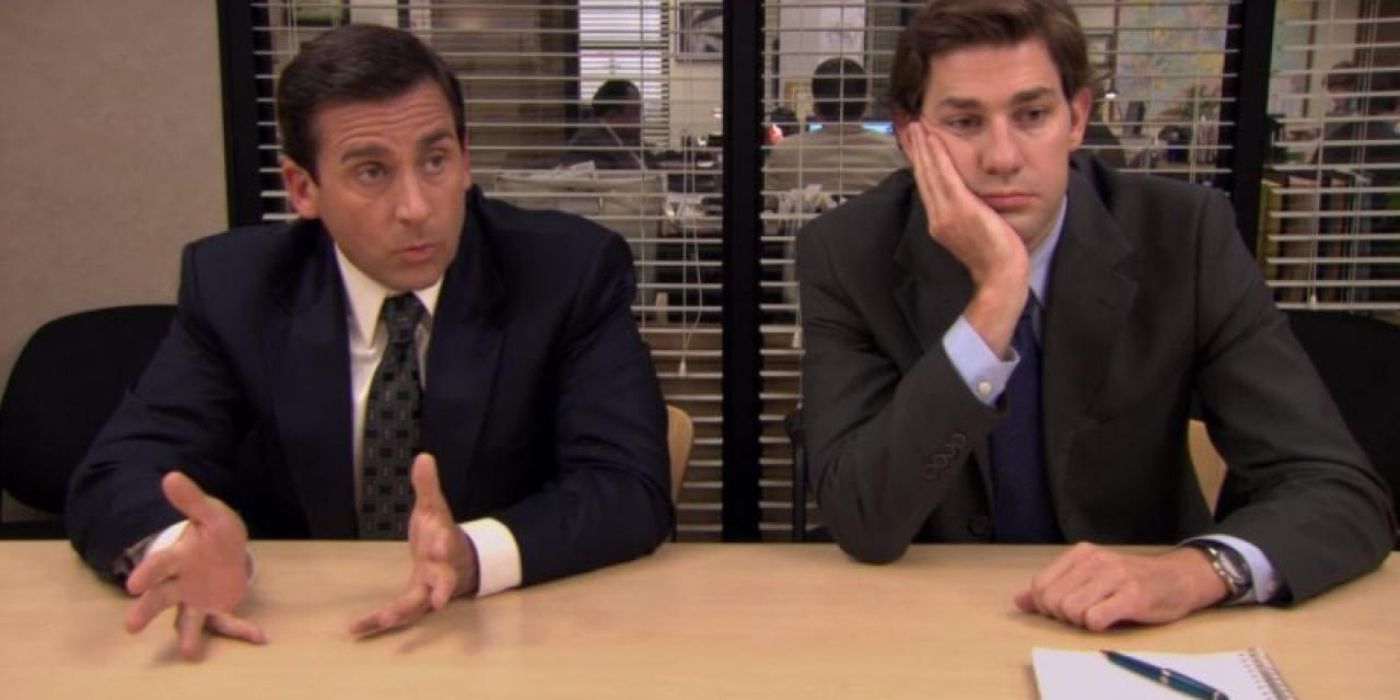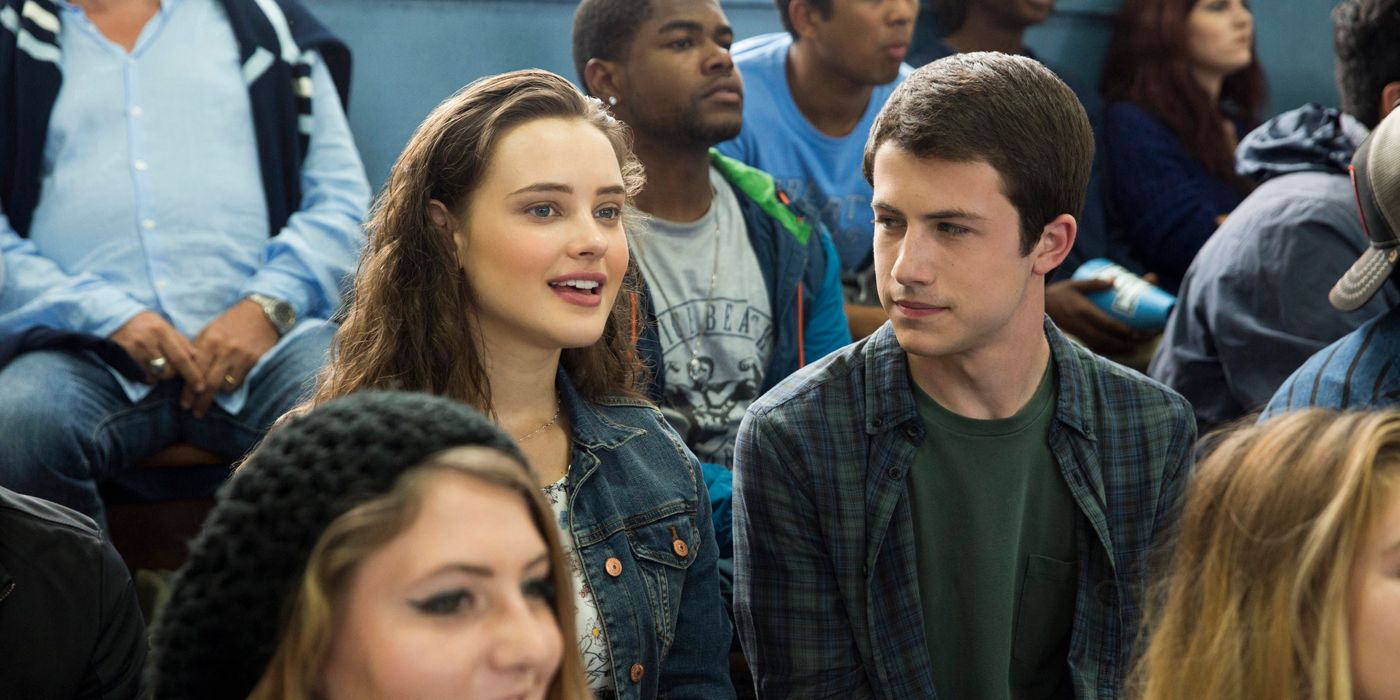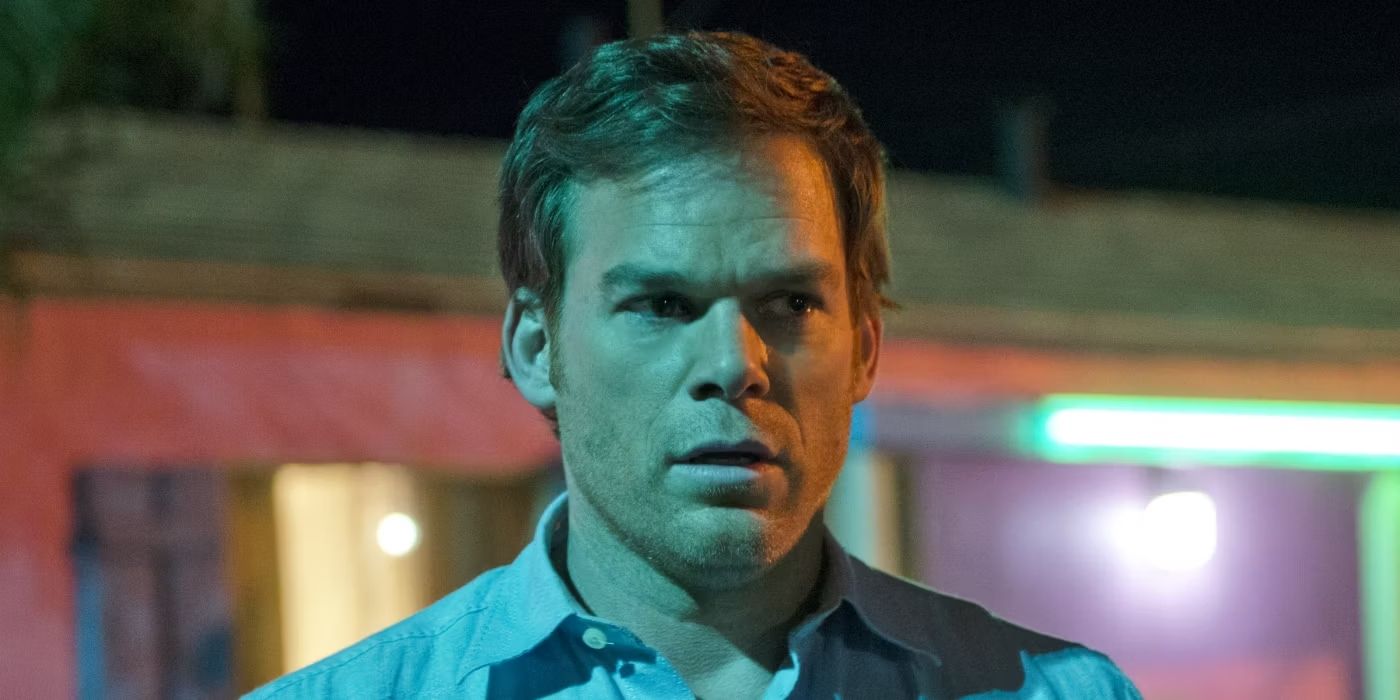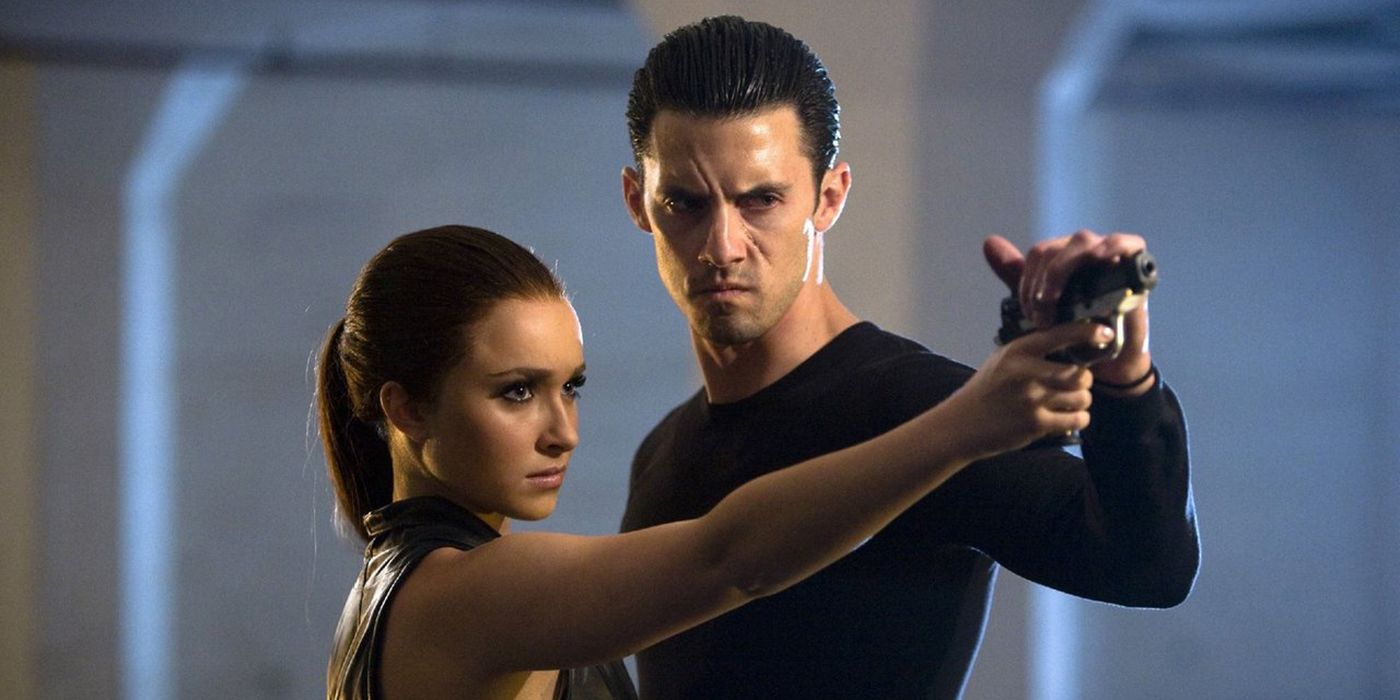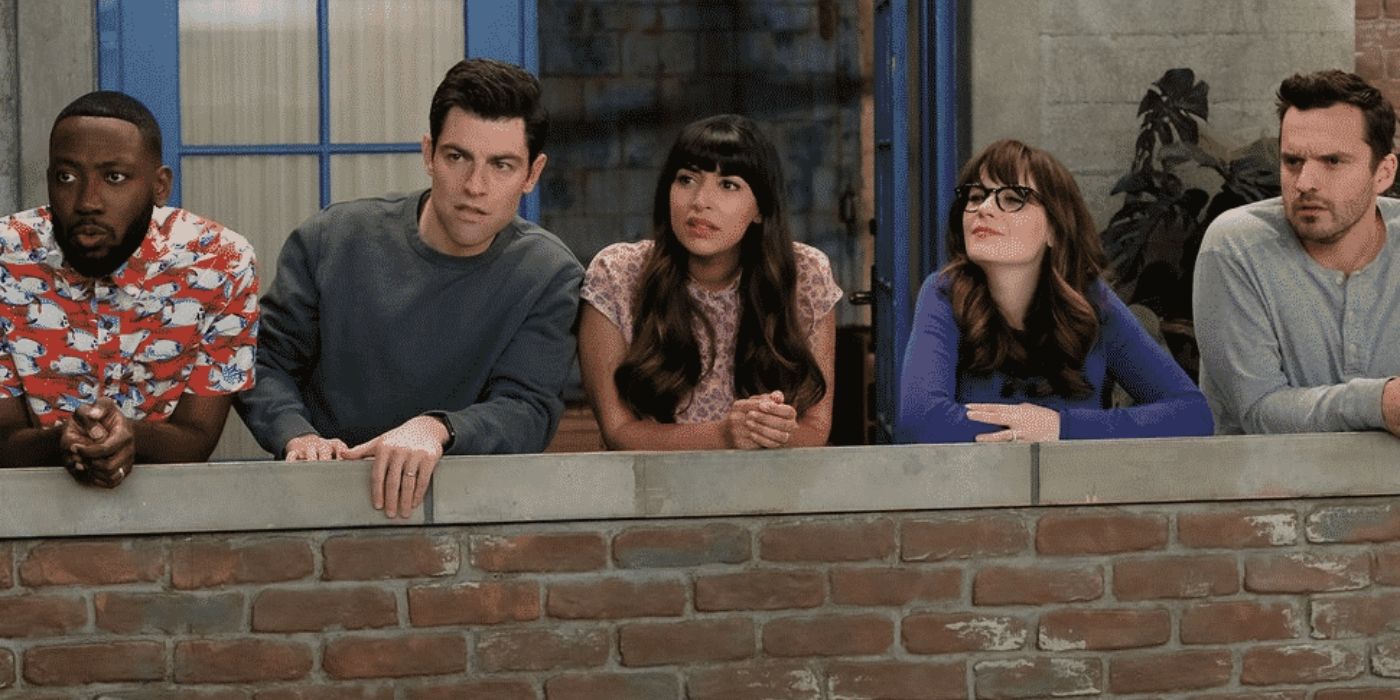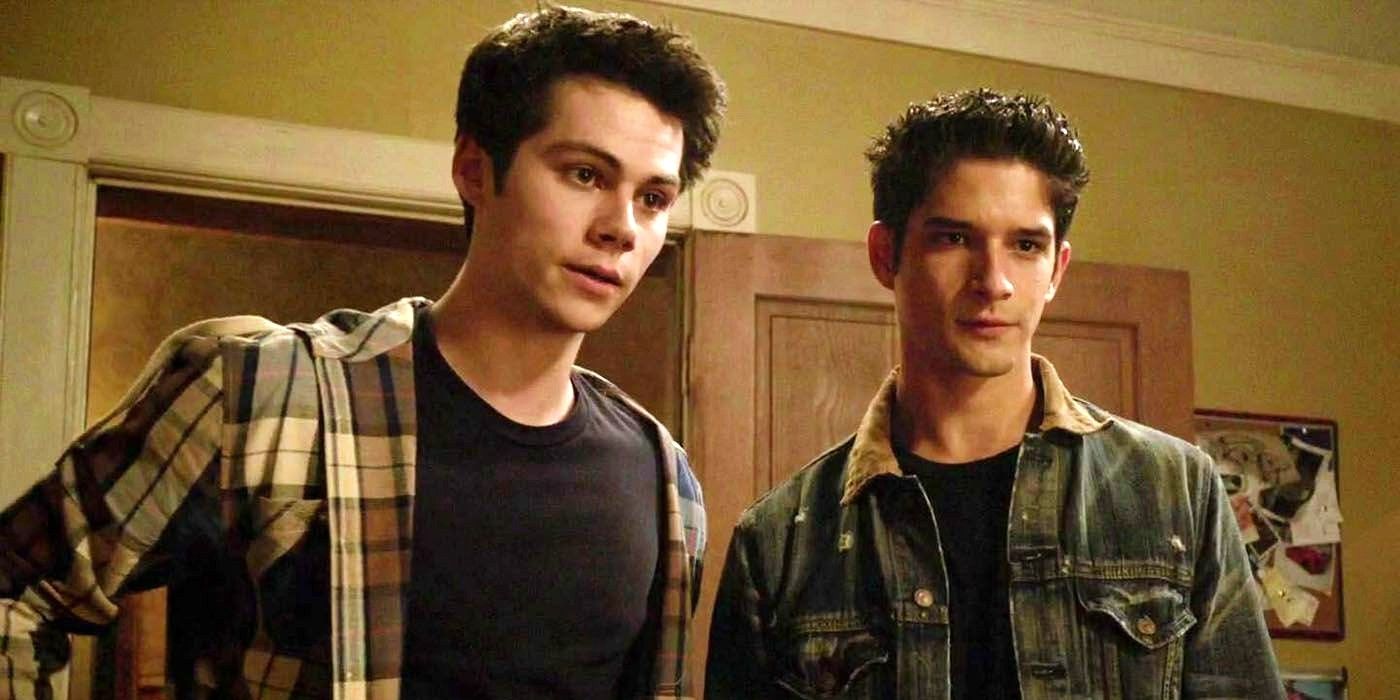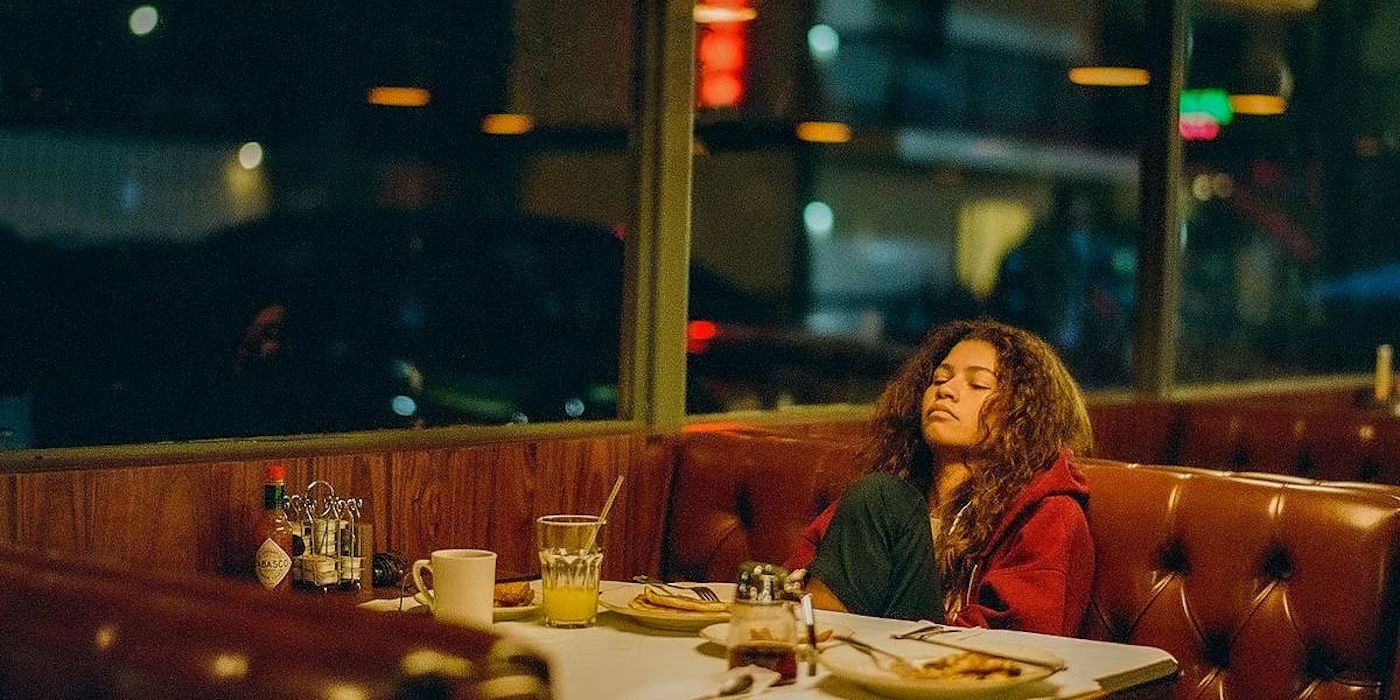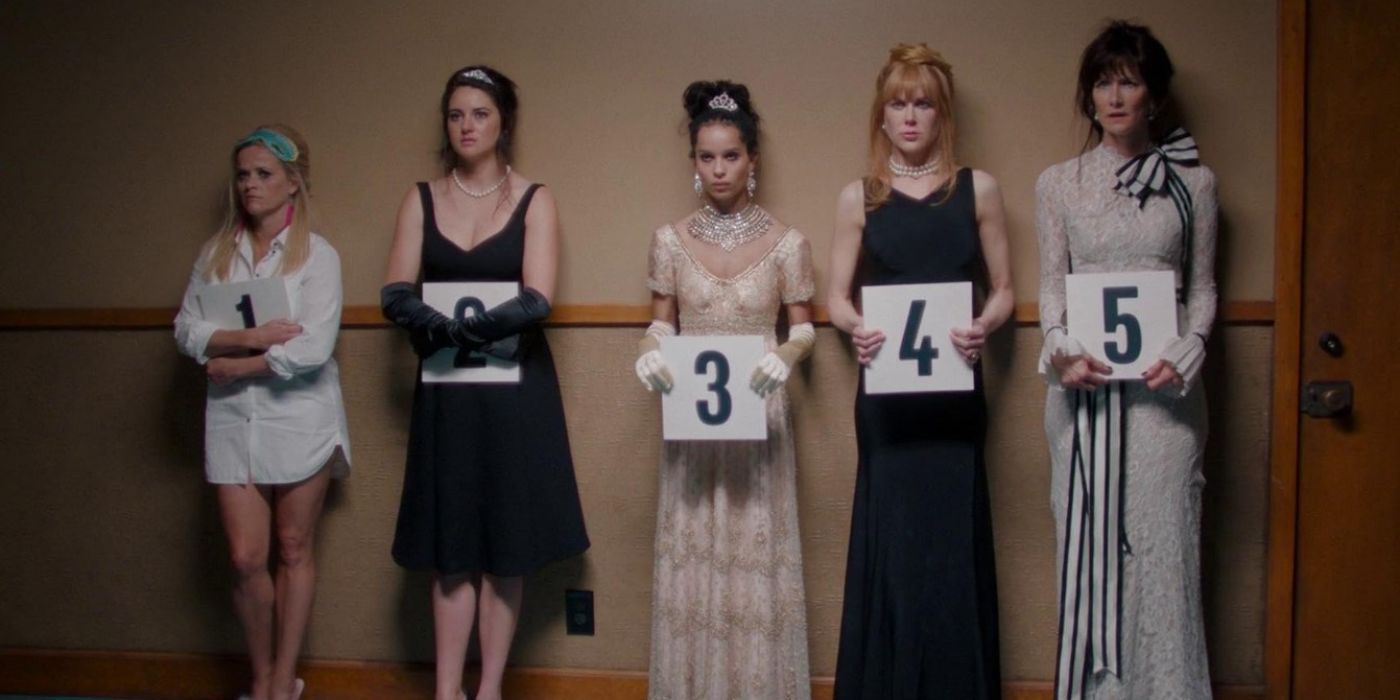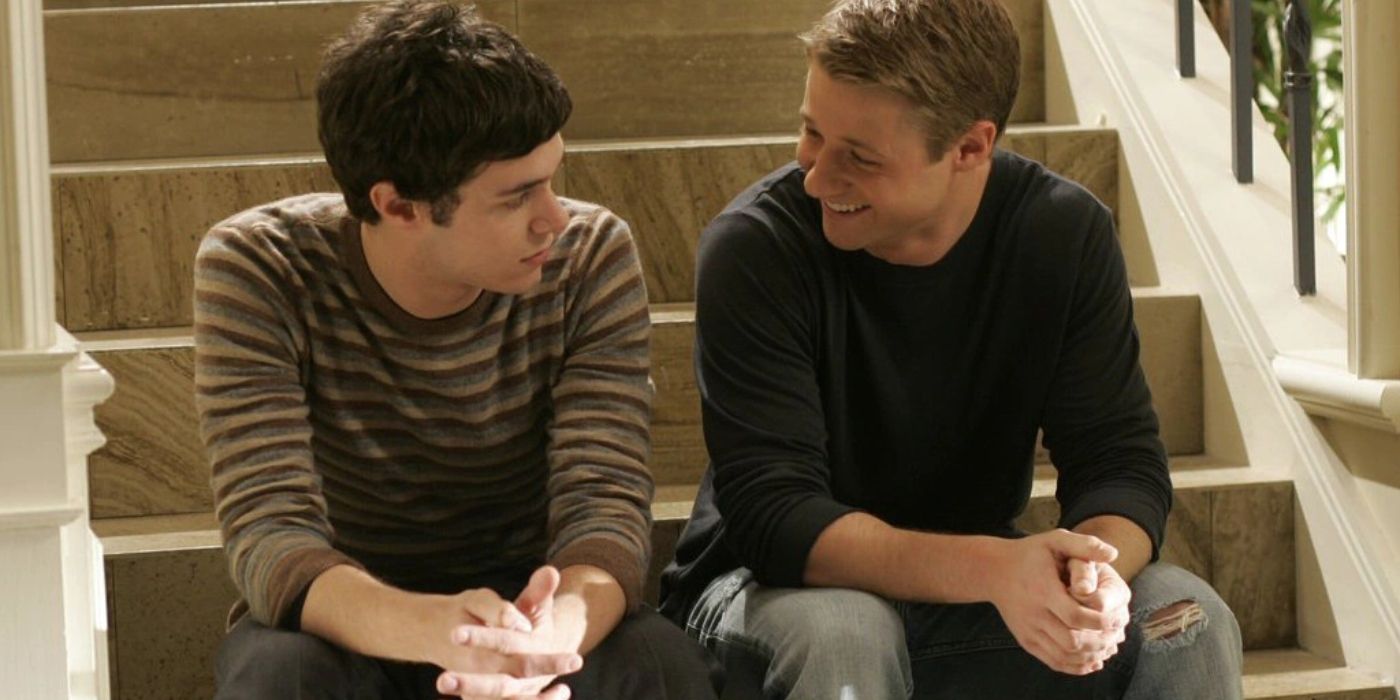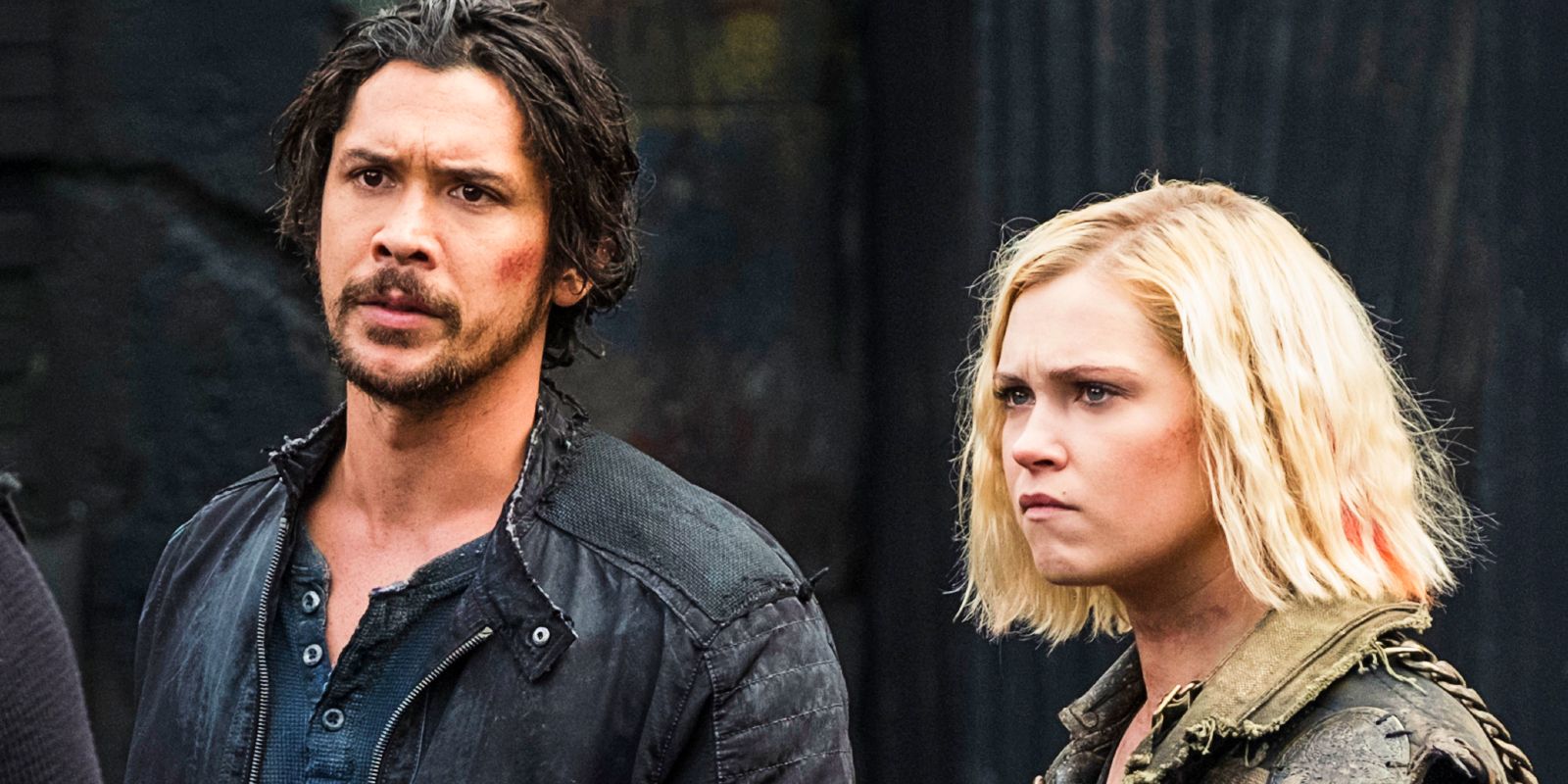Summary
- Some TV shows miss the chance for a perfect series finale by continuing past their prime, losing fuel, and risking tarnishing their legacy.
- Shows like The Office, 13 Reasons Why, and Dexter could have ended earlier, avoiding unnecessary seasons and disappointing finales.
- Ending a series at the right time can leave a lasting impact, showcasing memorable characters and satisfying storylines for audiences.
Many TV shows end up letting the opportunity for a perfect series finale pass right by, opting to continue with more seasons. Whether it’s due to popularity or the belief that a TV show can only get better with more seasons, some TV shows live beyond their required runtime. An unfortunate situation these series find themselves in is landing incredibly close to a perfect series finale, typically continuing for one or two seasons more than necessary. On the other hand, other TV shows should have been canceled after one season.
TV shows that continue beyond what’s required of their initial premise run the risk of losing fuel in their later seasons, which sometimes tarnishes the legacy of the series as a whole. For most audiences, an essential series finale sees its characters in a believable and satisfactory ending. While every detail doesn’t have to be accounted for, there usually isn’t an abundance of unanswered questions remaining. Oftentimes, the missed chance for a better series finale is only recognized with hindsight, but it’s nonetheless frustrating to see high-quality TV shows waste the opportunity.
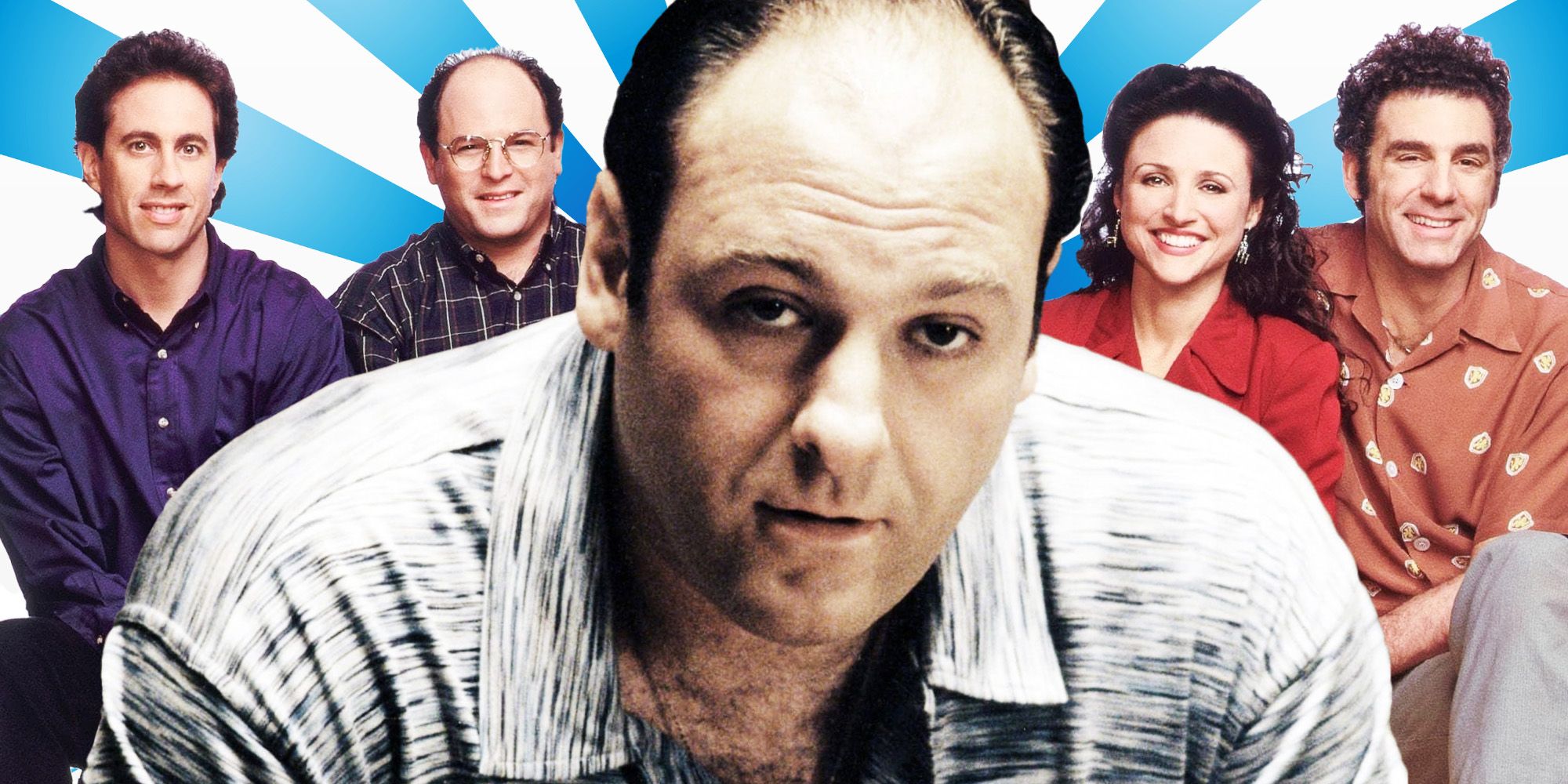
The 10 Most Controversial TV Show Finales Of All Time
An amazing show with a divisive finale is disheartening. However, it sparks intense discussion, showcasing the impact of controversial endings.
10 The Office (2005-2013)
Season 7, Episode 22, “Goodbye, Michael”
With a perfect series finale in its hands, The Office chose to continue a bit longer than it should have. Having followed a group of office workers led by their one-of-a-kind boss, Michael Scott (Steve Carell), for seven seasons, “Goodbye, Michael” marked Carell’s last appearance as a series regular. Michael’s departure created the chance for The Office to come to a natural end, but instead, the series continued for two more seasons.
The Office has enough entertaining and lovable characters to continue the series without Carell, but even among the most loyal fans of The Office, the consensus is that the last two seasons don’t hold up as much as those that came before it. Critically speaking, reviews swayed toward negativity regarding The Office‘s storylines and character arcs. Despite the decrease in quality in later seasons, The Office remains a memorable sitcom and the choice to continue past an obvious ending doesn’t impact its legacy.
9 13 Reasons Why (2017-2020)
Season 1, Episode 13, “Tape 7, Side A”
Based on the novel of the same name by Jay Asher, 13 Reasons Why chronicles the events that follow the death of Hannah Baker, with fellow students learning the reasoning behind her death. 13 Reasons Why continued for four seasons, but the series would’ve had a stronger impact had it ended after the first season. Throughout the entirety of the series, 13 Reasons Why never shied away from difficult subject matters.
In the first season alone, 13 Reasons Why explores important social issues impacting teenagers, a highlight of the series that many audiences and critics applauded 13 Reasons Why for tackling. However, as 13 Reasons Why continued, the storylines became darker and more controversial. 13 Reasons Why is coated in controversy surrounding its handling of sensitive subject matters, and much of the series’ initial intent gets lost in negative reviews.
8 Dexter (2006-2013)
Season 5, Episode 12, “The Big One”
Dexter is a thrilling crime drama that follows its titular character living a double life as a forensic technician and a serial killer. During its run, the reception of Dexter was widely positive, but as with many popular TV shows, Dexter ran longer than it needed to, dulling a little of the initial spark that made the series a fan favorite. For many fans of Dexter, season 5 felt like a natural ending for the anti-hero.
Dexter season 5 provided an overall closure to the series’ storylines that audiences could agree on, leaving little to no lingering questions had the series finale been season 5’s final episode. Ending Dexter after five seasons would’ve avoided the series’ lowest-scored seasons on Rotten Tomatoes and Dexter‘s disappointing finale. Rather than sending the anti-hero off with a satisfying ending, Dexter season 8 felt flat and out of character.
|
Season of Dexter |
Rotten Tomatoes Score |
|---|---|
|
1 |
83% |
|
2 |
96% |
|
3 |
72% |
|
4 |
88% |
|
5 |
84% |
|
6 |
38% |
|
7 |
79% |
|
8 |
33% |
7 Heroes (2006-2010)
Season 1, Episode 23, “How to Stop an Exploding Man”
Premiering in 2006, Heroes follows the lives of individuals with superpowers working together to save the world from disaster, but no superhuman ability could save the appeal of the series after its first season. Heroes season 1 was given near-universal praise from audiences, but the admiration for the series dwindled as the following three seasons premiered. No longer were reviews highlighting Heroes‘ ensemble of characters or rich and intriguing plots. Instead, Heroes was becoming unnecessarily complicated and slow.
Ending Heroes after one season would’ve greatly benefited the legacy of the series. If anything, a spin-off series could have been created to keep up with the momentum of Heroes‘ season 1 success and acclaim, without tarnishing the name of the original series. Still, there’s enough reason to be excited about the new Heroes series, Heroes: Eclipsed, as it’s a chance to revive the state of the superhero genre and awaken the interest in Heroes that faded during much of its original run.
6 New Girl (2011-2018)
Season 6, Episode 22, “Five Stars for Beezus”
To give New Girl a proper ending, the series’ seventh season was ordered. New Girl season 7 is notably shorter than the previous seasons, made up of 8 episodes compared to the average 22 episodes. While New Girl‘s ending is considered perfect, the season 6 finale allowed for a more imaginative ending.
New Girl season 6 wraps up the storylines for each of the series’ main characters, sending the beloved group of friends off as they start families and new relationships. New Girl‘s definitive ending in season 7 didn’t come until the last two episodes of the season, leaving the remaining episodes to feel drawn out. Ending after season 6 would have given New Girl a stronger ending with humor and character arcs reminiscent of prior seasons.
5 Teen Wolf (2011-2017)
Season 6, Episode 10, “Riders on the Storm”
Unlike other TV shows whose shorter final seasons felt pointless, a cut-down season 6 of Teen Wolf would’ve been beneficial. Teen Wolf season 6 is made up of 20 episodes and is split into two parts, with the second half feeling largely unnecessary. Not only were major characters such as Kira or Stiles absent from much, if not all, of the season, but the storyline brought back Teen Wolf‘s lead characters as they were about to begin their lives outside of Beacon Hills.
Additionally, ratings steadily began to decrease following Teen Wolf‘s fan-favorite season 3 and with each additional season, it appeared Teen Wolf was losing fuel. Not only did Teen Wolf‘s season 6a finale end with the series’ distinguishing action, but the episode made the adored Stiles and Lydia relationship official and saw the pack complete their time in high school. Though the last half of Teen Wolf season 6 isn’t particularly dreadful, the previous 10 episodes felt more settled.
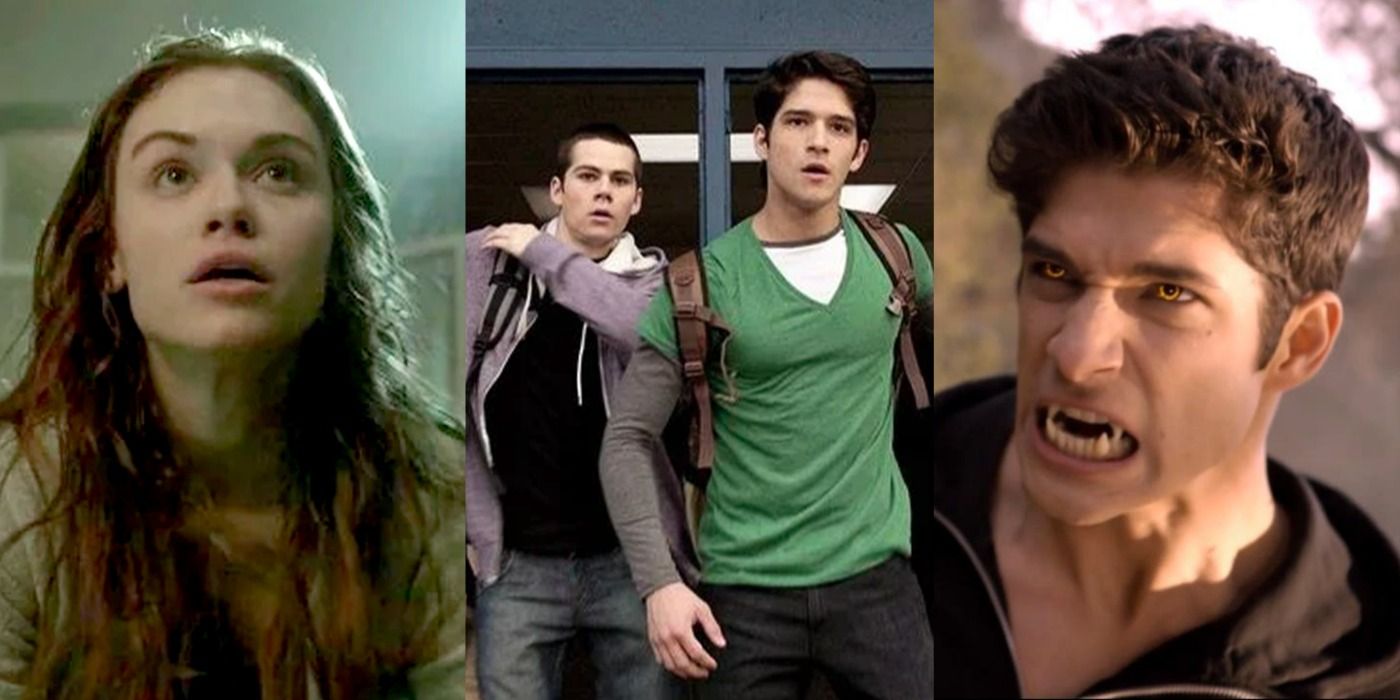
Teen Wolf: Every Season, Ranked
Teen Wolf was consistently a good show, so that makes it harder to pick out which season was the series’ best.
4 Euphoria (2019-Present)
Season 1, Episode 8, “And Salt the Earth Behind You”
Though Euphoria is largely centered around Rue (Zendaya) and her struggles with addiction, the series, much like 13 Reasons Why, covered heavier subject matters in a high school setting. Similar to how 13 Reasons Why‘s intent and message would have been stronger and more widely accepted had it ended after season 1, Euphoria could have benefited without a second or upcoming third season. Euphoria season 2 was successful in terms of numbers, with its premiere and finale drawing in numbers nearly equivalent to Game of Thrones and House of the Dragon.
Yet, when it comes to quality, Euphoria season 2 is substantially weaker. Though there are some standout episodes in Euphoria season 2, the rest feels unrewarding. The finale of Euphoria season 1 doesn’t wrap things up entirely, especially on the state of Rue and Jules’ relationship, but the direction of these episodes is clear and cohesive.
3 Big Little Lies (2017-Present)
Season 1, Episode 7, “You Get What You Need”
As compelling as the start of Big Little Lies was, the following season didn’t explore much beyond the issues presented in season 1. Big Little Lies season 1 implements the use of flashbacks to show the connection between its leading characters, building upon the series’ overall mystery and drama with each episode. However, in Big Little Lies season 2, that connection is revealed, and the five leading women spend much of the season managing their guilt and the promise of secrecy, ultimately doing little to move the overall story forward.
Though there’s intrigue about whether the five women are caught for their involvement in the murder at the end of season 1, that question is still not answered at the end of season 2. It’ll be interesting to see how Big Little Lies season 3 can fix the mistakes from season 2, and whether the series truly would have benefited from ending after the first season. Still, critics and audiences appreciated the performances in Big Little Lies season 2, especially the addition of Meryl Streep.
2 The O.C. (2003-2007)
Season 2, Episode 24, “The Dearly Beloved”
With some rewritten episodes to remove the cliffhanger involving Ryan, Marissa, and Trey, season 2 of The O.C. makes for a better final season than its fourth. The O.C. season 4 is enjoyed by audiences and critics and is favored due to the tone being reminiscent of earlier seasons and is refreshing following a dark and predominantly disliked season 3. However, it takes some time to return to that tone because season 4 opens with a few consecutive heavy episodes as everyone grieves the loss of Marissa.
Though season 2 doesn’t fully live up to the greatness of season 1, it still includes memorable storylines, important character growth, and standout episodes such as, “The O.Sea” and “The Rainy Day Women.” An issue with The O.C. overall is the series’ tendency to burn through storylines. Conflicts that could be spread throughout half of a season are completed within a few episodes, leaving much of The O.C. to feel underwhelming and repetitive after two seasons.
1 The 100 (2014-2020)
Season 6, Episode 13, “The Blood of Sanctum”
The issue with The 100‘s last seasons is interesting because while the new setting and storylines were ambitious, a lot of seasons 6 and 7 aren’t great. The 100 follows a group of individuals who return to Earth years after the apocalypse and season 6 starts the remaining characters’ exploration of a new planet. Much of The 100season 6 is entertaining and felt like the perfect place to end ahead of its eventual final season.
Season 7 undoes a lot of progress made in earlier seasons, ruining many of The 100‘s best characters, most notably Clarke and Bellamy. Towards the end of The 100, it becomes evident the two characters had run their course as they’d been in the series since the beginning and had already done a great amount of growing. A compelling new direction could have saved The 100‘s later seasons had the series shifted its focus on the upcoming generation of characters, exploring new character arcs and setting up a potential spin-off series.


